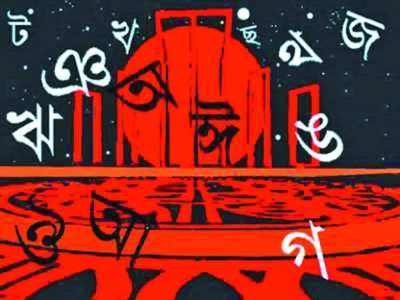Koraput: The ruling Biju Janata Dal, BJP and Congress candidates in Odisha’s Nabarangpur Lok Sabha seat are trying to woo the Bengali migrant settlers as their votes can sway the electoral fortune in the constituency.
The Bengali community is largely comprised of scheduled caste people who migrated from East Pakistan (now Bangladesh) during the 1960s and 1970s and reside in 214 villages in Malkangiri district and 64 villages in Nabarangpur district after acquiring Indian citizenship in the early 1970s.
Elections to the Nabarangpur constituency will be held May 13.
Comprising around 1.5 lakh voters, the Bengali community exerts considerable influence across the Nabarangpur parliamentary constituency, encompassing four assembly segments of Nabarangpur district, two of Malkangiri district, and one of Koraput district.
With their votes significantly impacting electoral dynamics, political parties are earnestly striving to secure their allegiance.
BJD candidate Pradeep Majhi said, “The state government has done a lot for the development of the Bengali settlers in the past five years. As the majority of Bengali settlers of Malkangiri are farmers, they have been provided with irrigation facilities and infrastructure has been strengthened in the villages dominated by Bengalis.”
“Last time the Bengali voters had chosen the BJD and I am confident that this time too they will vote for us,” he added.
However, expressing confidence that the Bengali settlers will back the saffron party, BJP candidate Balabhadra Majhi said, “The Bengalis want to see Modi as Prime Minister and for this, they will vote for the BJP for their all-round development.”
Not remaining far behind in wooing Bengali settlers, Congress candidate Bhujabal Majhi said, “The Bengali voters are intelligent voters and we trust their astuteness to make informed choices.”
Assam Chief Minister Himant Biswa Sarma May 9 campaigned in Malkangiri district for the BJP candidate wooing Bengalis to provide Bengali language teachers in schools and renaming their villages.
Sarma delivered his speech mostly in Bengali and exhorted them to cast their votes for the lotus symbol.
“Support of the Bengali voters is very important for any tribal candidate aspiring to win the election. Undoubtedly, the Bengali diktat will prevail in the Nabarangpur constituency,” said Ram Patnaik, a political analyst in Malkangiri.
Traditionally, the BJP enjoyed the backing of Bengali settlers. However, the landscape appears to be shifting, with the ruling BJD making inroads into Bengali villages, potentially denting previous loyalties.
Ashok Haldar, president of the Matua community of the Bengali settlers highlights the changing dynamics, emphasising the BJD’s proactive stance in addressing community concerns since 2022.
This shift in allegiance manifested in the 2022 rural polls when the BJD made significant gains from one Zilla Parishad seat in 2017 to winning 12 out of the 15 Zilla Parishad seats in 2022.
“In the rural polls of 2022 we supported the BJD and the party has always been by our side,” said Haldar, a resident of MV-72 village.
Haldar’s sentiment echoes the sentiments of many Bengali settlers, disillusioned by previous political neglect. Despite their discerning approach to candidate selection, the Matua community, comprising around 30,000 voters, leans towards the BJD.
However, unresolved grievances linger within the Bengali community.
Sapan Kirtania, patron of Malkangiri Bengali Samaj, articulates community demands, including the recognition of revenue villages, the inclusion of the Bengali language in school curricula, and also availability of land for families who returned from Sundarbans in West Bengal.
“Bengali voters will vote according to their choice and keep an eye on the political landscape,” said Kirtania.
PTI






































